More homeowners are choosing to install solar panels, and for good reason. This switch helps you save money, protect the environment, and become more energy self-sufficient. If you’re wondering why so many people are going solar, you’ve come to the right place. Discover the top benefits of adding a solar panel system to your home and how it can be a smart decision for your finances and the future.
Slash your Monthly Energy Bills
One of the most immediate and significant benefits of installing solar panels is the reduction in your electricity costs. By generating your own power from the sun, you rely less on the utility company, which means a smaller bill each month.
As electricity rates continue to climb, producing your own clean energy protects you from these rising costs. Your savings will grow over time as utility prices increase, making solar an even smarter financial decision for the future.
Many areas also offer a program called net metering. This allows you to send any excess electricity your panels produce back to the grid. In return, the utility company gives you credits, which can further lower your monthly bill or even eliminate it completely during sunny months.
Contribute to a Greener Planet
Switching to solar energy is a powerful way to reduce your carbon footprint. Traditional electricity is often generated by burning fossil fuels like coal and natural gas, which release harmful greenhouse gases into the atmosphere. This contributes to climate change and air pollution.
Solar panels, on the other hand, create electricity without any emissions. By using this clean energy source, you are actively helping to create a more sustainable future for everyone. It’s a choice that has a positive impact far beyond your own home.
Making the switch to solar power offers numerous environmental advantages:
- Reduces Air Pollution: Generating power from the sun produces no harmful emissions, leading to cleaner air in your community.
- Conserves Water: Traditional power plants use massive amounts of water for cooling, while solar panels require virtually none to operate.
- Decreases Reliance on Fossil Fuels: Every home that goes solar reduces our collective dependence on finite and polluting energy sources.
Many governments encourage this green transition by offering financial incentives. For example, the Indian government provides subsidies to homeowners who install solar systems, making it more affordable to invest in clean energy and protect the environment.
Increase your Property’s Market Value
A home with a pre-installed solar panel system is often more attractive to potential buyers. Studies have shown that properties with solar installations tend to sell for more than comparable homes without them. This means your investment not only saves you money but also adds to your home’s long-term value.
Buyers appreciate the built-in benefit of lower electricity bills from day one. A home with solar panels is seen as an upgraded, modern property with a key feature that provides lasting financial savings. This can make your home stand out in a competitive real estate market.
Furthermore, buyers are relieved of the process of researching, purchasing, and installing a system themselves. The convenience of having a ready-to-go solar setup is a major selling point. Properties with solar panels can also command higher rental prices, as tenants are often willing to pay more for a home with reduced utility expenses.
See a Great Return on your Investment
While the initial cost of installing solar panels may seem high, it’s best to view it as an investment rather than an expense. Most homeowners find that their system pays for itself over time through energy savings. The typical payback period is often just a few years.
Once you’ve broken even on your initial investment, the electricity your panels produce is essentially free. Considering that solar panels are designed to last for 25 years or more, you can look forward to two decades of pure savings. This makes solar one of the best home improvement projects for a long-term financial return.
Let’s look at a simple example of how the return on investment (ROI) works over the lifespan of a solar panel system.
| Metric | Description |
| Initial Cost | Total price for panels and installation. |
| Payback Period | Time to recover initial cost (e.g., 4-5 years). |
| System Lifespan | Typically 25+ years. |
| Years of Pure Profit | System Lifespan minus Payback Period (e.g., 20+ years). |
The savings you accumulate over those 20-plus years represent a significant return on your initial investment, far outweighing the upfront cost.
Gain Independence from the Power Grid
Relying solely on the local power grid can be frustrating, especially in areas prone to scheduled power cuts or unpredictable outages. Installing solar panels gives you a greater degree of energy independence, ensuring your home has power even when the grid goes down.
For even greater security, you can pair your solar panel system with a battery storage solution. This allows you to store excess energy generated during the day and use it at night or during an outage, providing you with an uninterrupted power supply.
This energy independence is a game-changer for people living in rural or remote areas where the grid supply may be unreliable or non-existent. Solar power provides a clean and dependable source of electricity, making modern life possible in off-grid locations.
Frequently Asked Questions about Home Solar Panels
How long do solar panels last?
Most modern solar panels are built to be highly durable and come with a performance warranty of 25 to 30 years. They can continue to produce electricity for even longer, though their efficiency may gradually decrease over time.
Do solar panels work on cloudy days?
Yes, solar panels can still generate electricity on cloudy or overcast days, just at a reduced capacity. They produce the most power in direct sunlight but can still be effective in various weather conditions.
What is the average cost to install solar panels on a house?
The cost varies widely based on your location, the size of the system you need, and the quality of the components. Government subsidies and tax credits can also significantly reduce the final price for homeowners.
How much maintenance do solar panels require?
Solar panel systems are very low-maintenance. They generally only need to be cleaned occasionally to remove dust or debris that could block sunlight. It’s also a good idea to have a professional inspect the system every few years.
Can I sell excess electricity back to the grid?
In many regions, yes. This is called net metering, and it allows you to receive credits on your utility bill for any surplus energy your solar panels produce and send back to the power grid.
Will solar panels damage my roof?
No, when installed by a certified and reputable professional, solar panels do not damage your roof. In fact, they can even help protect the section of the roof they cover from weather and sun exposure.

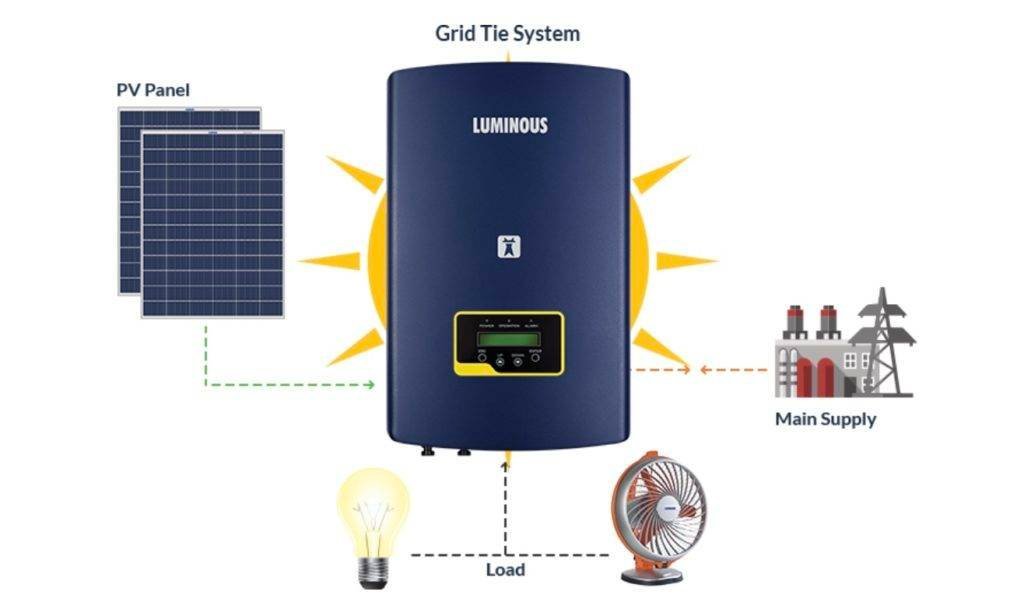
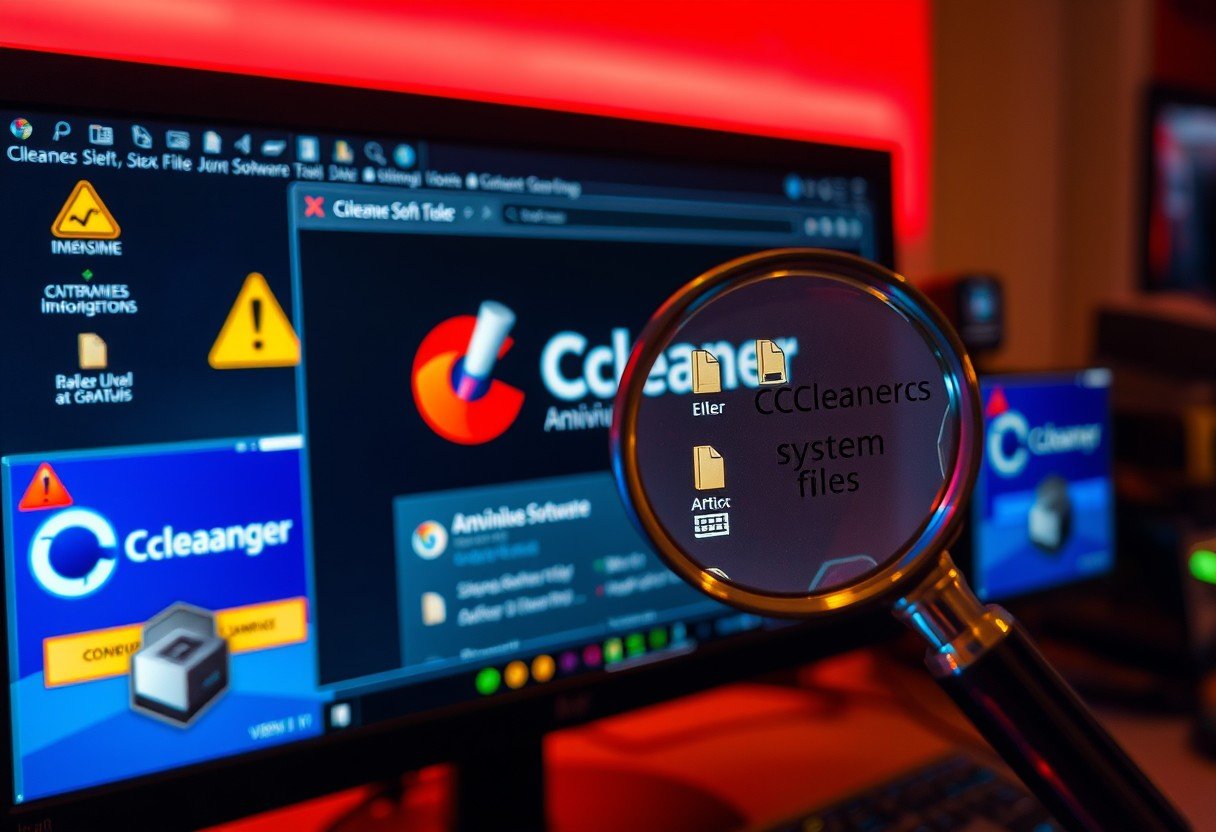

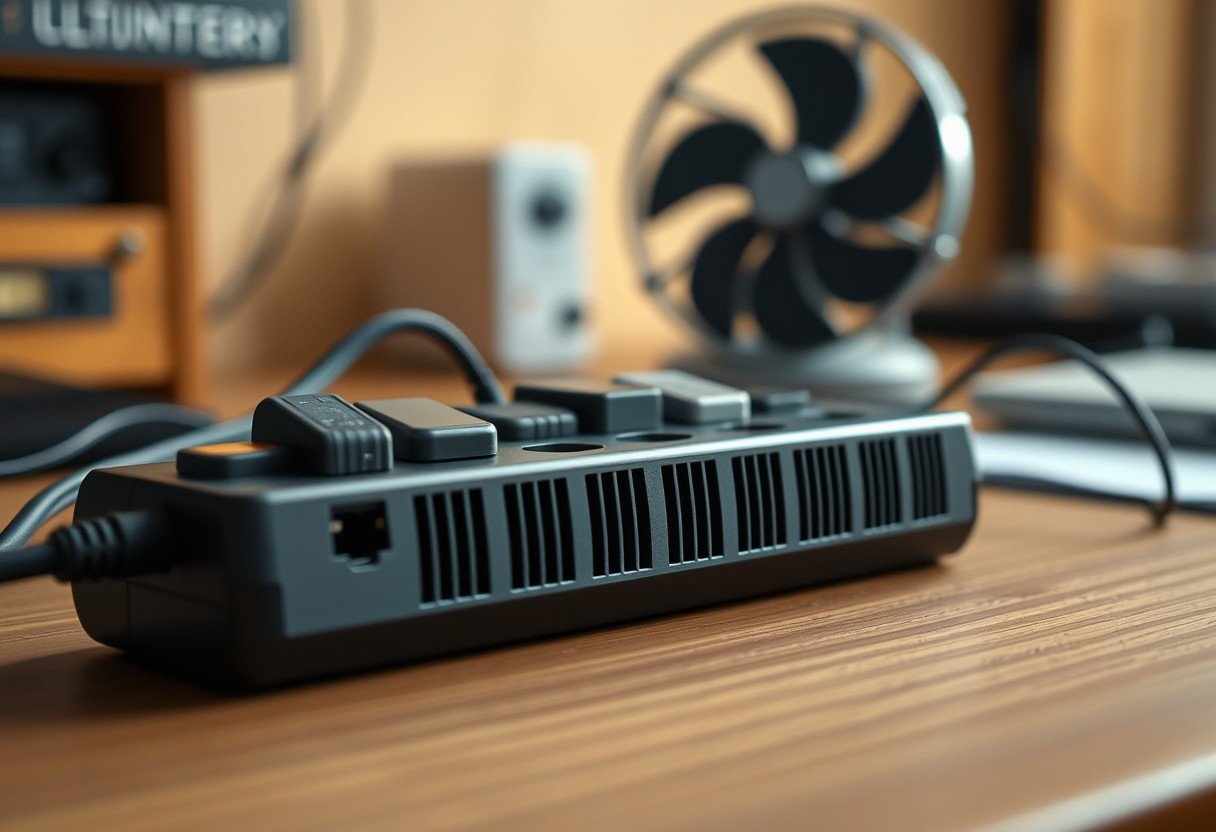
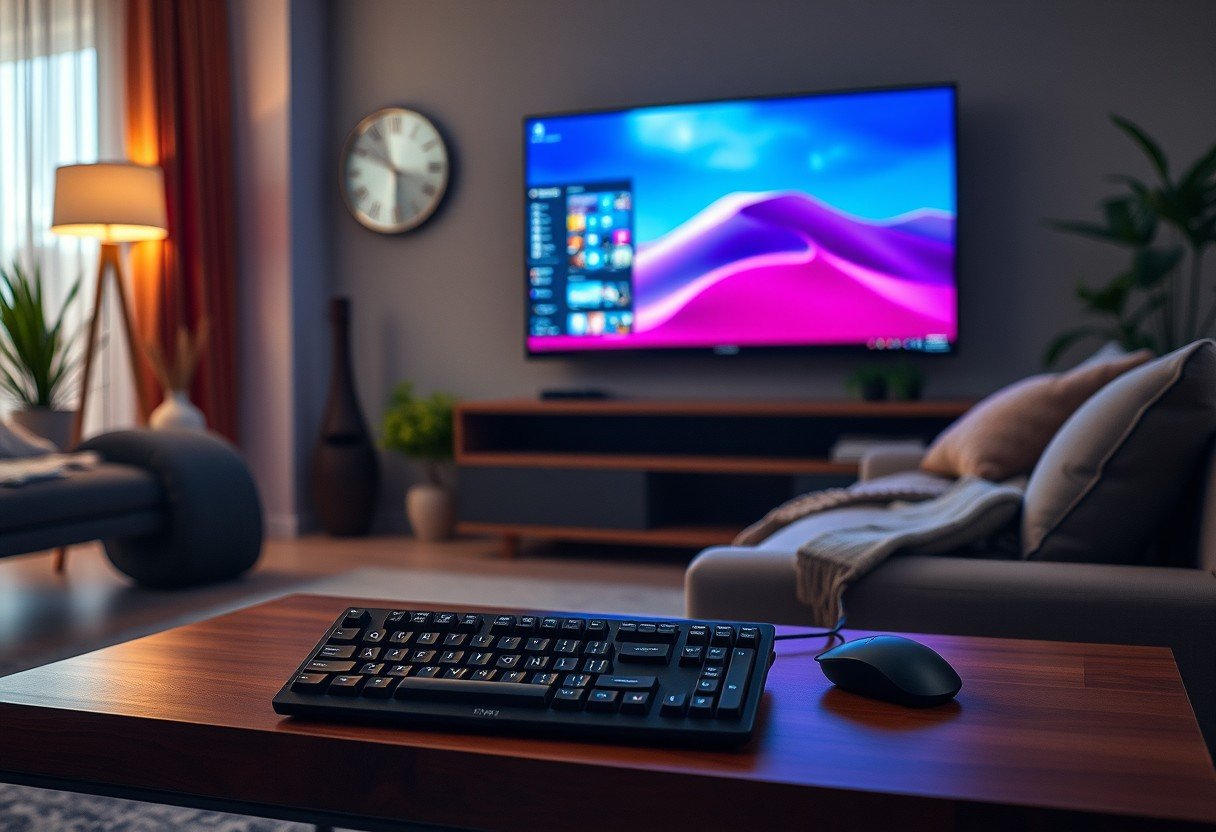
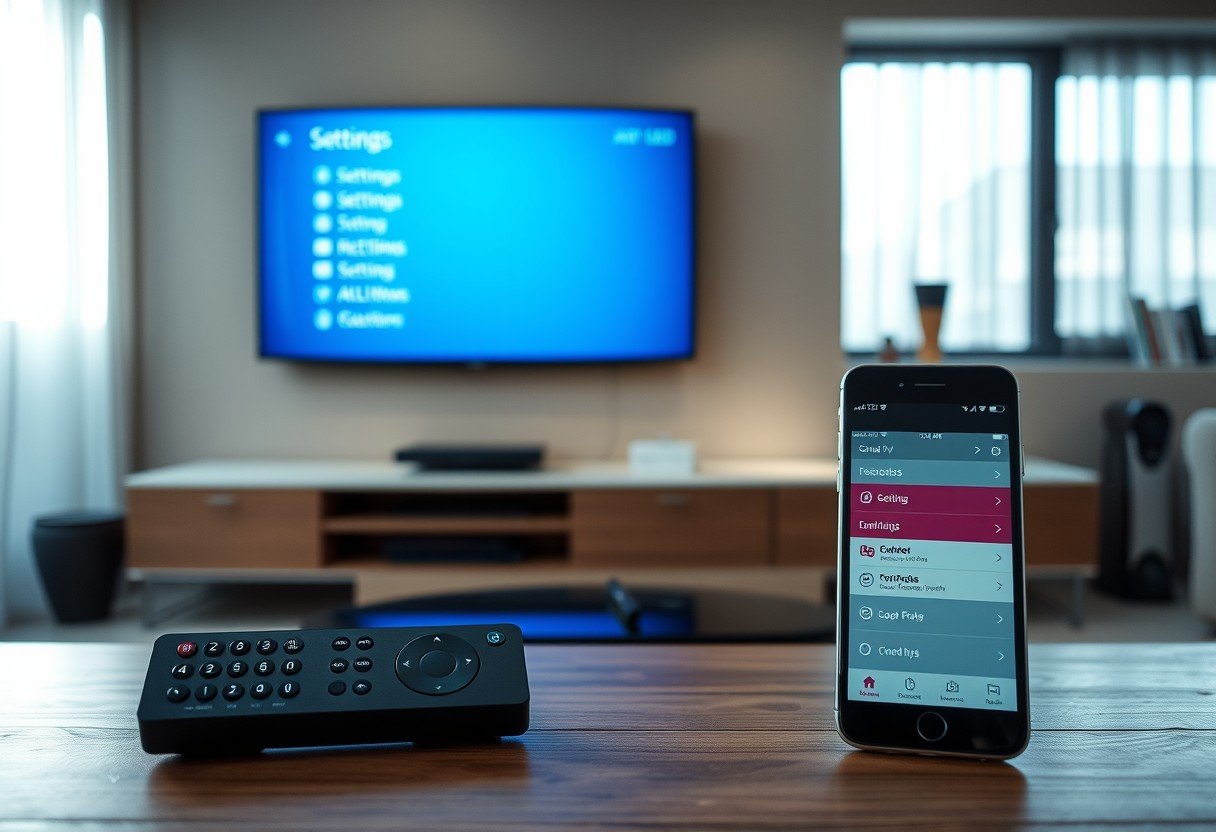

Leave a Comment